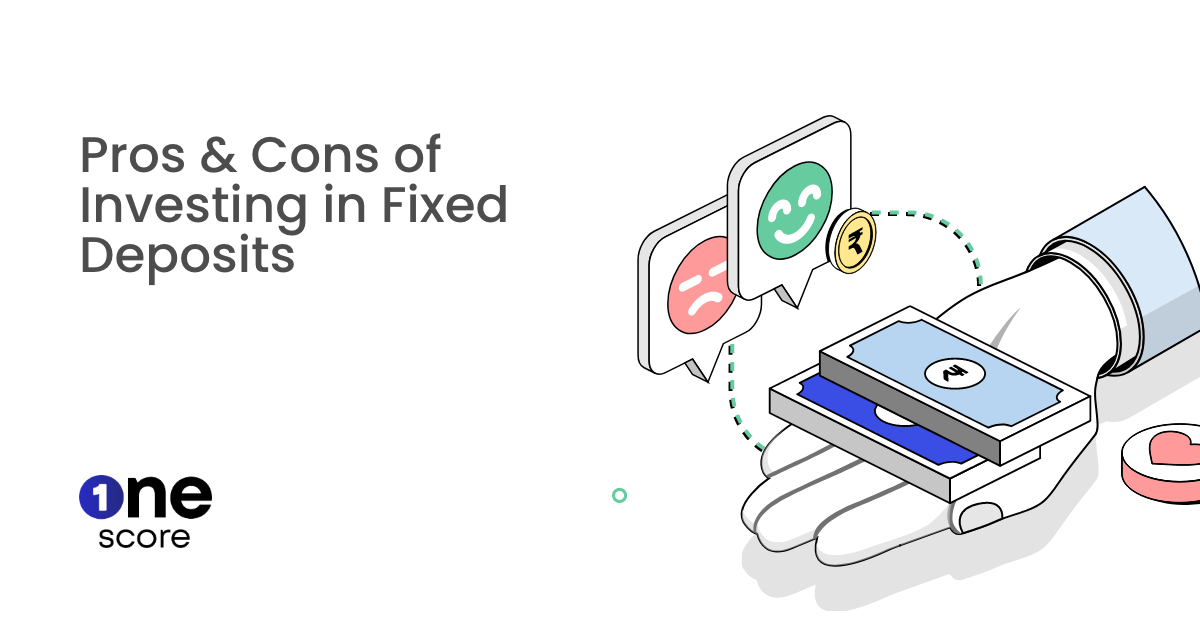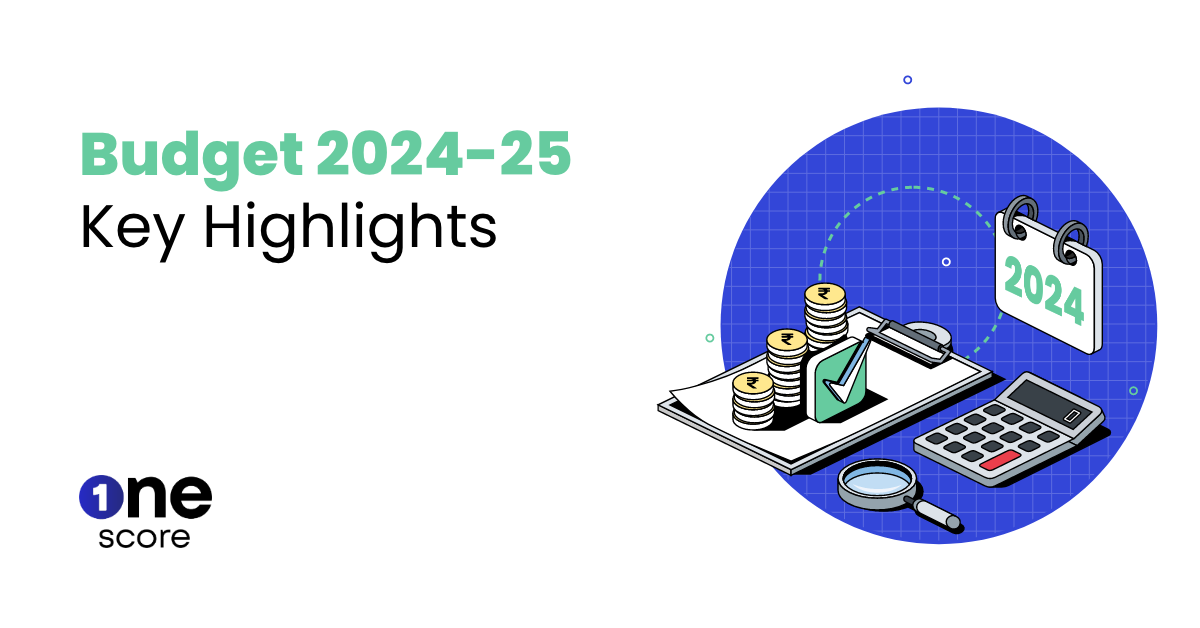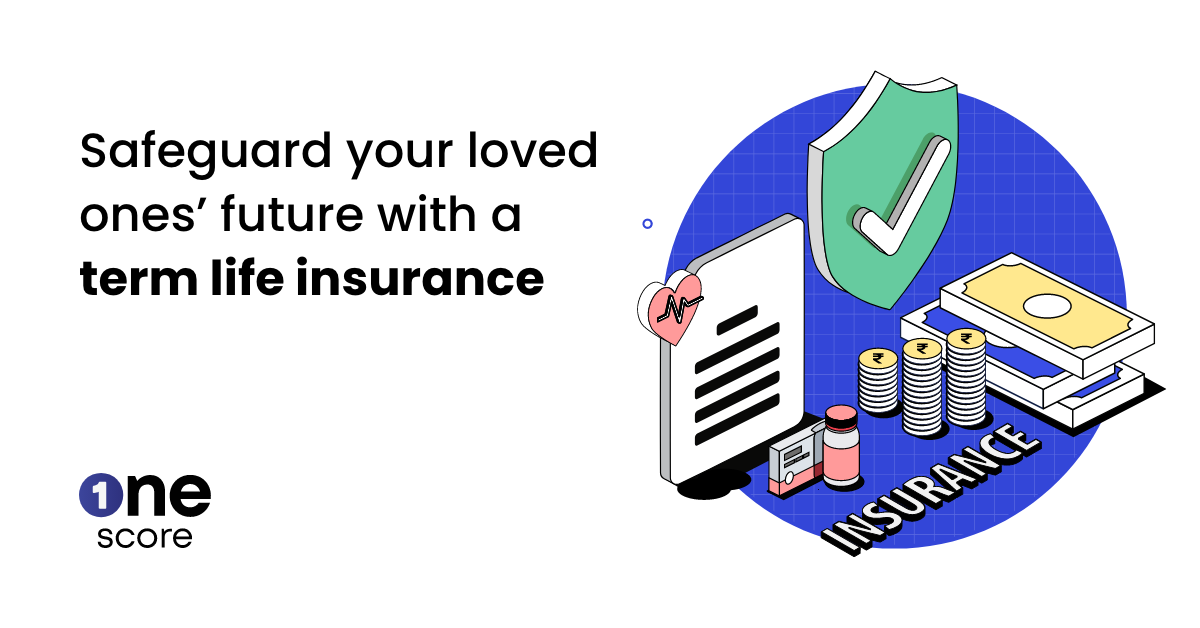All You Need to Know Before Investing in Fixed Deposits

While the younger generation is often seen as more inclined towards riskier investments like stocks or mutual funds, FDs are making their way into the mix as a safe and stable option. A growing number of young Indians have also started relying on fixed deposits as an emergency fund.
FDs offer a guaranteed return on your investment without the unpredictability of the stock market. In a world full of market volatility and rising scams, FDs offer peace of mind and stability.
This article discusses all the essentials you must know before investing in fixed deposits, as well as their pros and cons.
Should You Invest in Fixed Deposits?
1. Saving Up for Life Goals
Imagine you’re a mid-level professional with a lump sum of savings and upcoming milestones like marriage or starting a family. Investing that amount in FDs can work in your favor in two ways.
Firstly, you can tailor the tenure of the FD to ensure it matures right when you need it—whether it’s for your wedding expenses or your baby’s arrival. Secondly, the lock-in period of the FD acts as a safeguard, keeping your savings untouched and preventing impulse spending. It’s a smart way to ensure your money is there when you need it most.
2. Conservative Investors
If you are among those investors looking for risk-free, long-term investment, you can invest in fixed deposits. Fixed deposits offer guaranteed fixed returns at an interest rate higher than those provided on current and savings account balances.
3. Business Owners
Fixed deposits can be the safest place for business owners to park their surplus funds for emergencies. The lock-in period ensures that the surplus fund is not spent for any other purpose, and the fund increases at a higher interest rate than a savings or current account.
4. Retired Individuals
Retired individuals receive lump sum amounts at the end of their service life. By investing in fixed deposits, they can earn stable, guaranteed returns and safeguard their life-long earnings.
ALSO READ: I want a One Credit Card. Why are you asking me to create an FD?
9 Things to Know Before Investing in Fixed Deposits
Following are the nine essential things you must know before investing in fixed deposits:
- Different banks offer various rates of interest for fixed deposits. For senior citizens, banks offer a higher interest rate on fixed deposits than for regular investors.
- Have a clear idea about the financial goals you want to achieve before selecting the tenure – varying from 7 days to 10 years.
- To open an FD account, you need a minimum balance, which may vary from bank to bank.
- Banks allow you to partially or fully withdraw the amount invested in FD before the maturity date. However, you need to pay the penalty for premature withdrawal.
- You can choose the frequency of your FD’s interest payout. Most banks offer monthly, quarterly, half-yearly, yearly, and at the end of maturity options.
- You need to select a nominee when opening an FD account.
- If your earnings from FD interest are higher than INR 10,000 per year, the bank will deduct a TDS (Tax Deducted at Source) from the interest amount. However, you can submit form 15H or 15G if you fall under the ’no income tax’ slab. Consequently, the bank won’t deduct TDS after you submit that declaration.
- FD offers guaranteed returns and higher interest rates than other risk-free investment tools, such as treasury bills and government bonds.
- You can select the tenure of your FD from a wide range of options available. However, FD also allows premature withdrawals in case of emergencies. You can apply for a loan or overdraft facility against your FD.
ALSO READ: Learn How to Increase CIBIL Score Quickly in 2023
Cons
-
FDs offer a lower interest rate than other investment instruments, such as mutual funds and stocks.
-
The interest rate of FD gets fixed at the time of investment and remains the same for the entire tenure.
-
You need to pay a penalty in case of premature withdrawal before the completion of the lock-in period.
-
TDS is deducted from your FD interest income if you fall under the tax-paying bracket.
-
The FD interest rate fails to beat the inflation rate in most cases.
Summing up, no investment instrument fits all. Fixed Deposits can be your ideal choice if you are looking to invest a lump sum amount for the long term, have a low-risk appetite, and want to ensure a guaranteed return. However, the interest rate on FDs varies from bank to bank. Hence, choose a reputed bank offering a comparatively higher interest rate.
**Disclaimer: The information provided on this webpage does not, and is not intended to, constitute any kind of advice; instead, all the information available here is for general informational purposes only. FPL Consumer Services Private Limited and the author shall not be responsible for any direct/indirect/damages/loss incurred by the reader in making any decision based on the contents and information. Please consult your advisor before making any decision.

Real Estate Investment in India: Where to Begin and How to Flourish



Protect Your Family’s Future With A Term Life Insurance Policy


- OneScore , December 26, 2024

